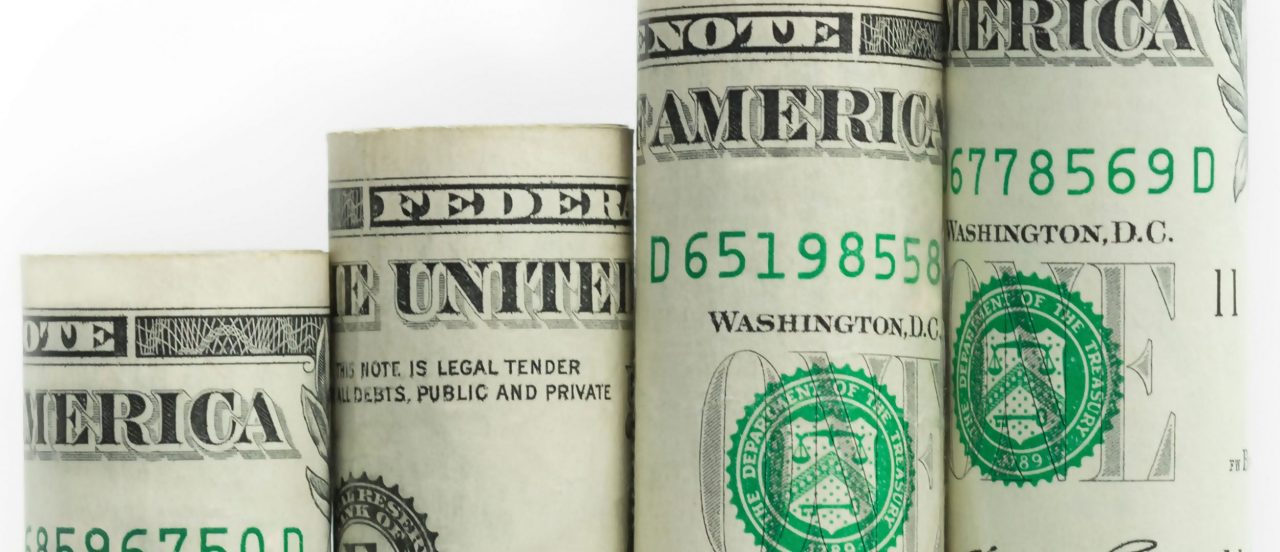Price gouging is the use of high prices to ration access to a good in unexpectedly short supply. Because sellers can always recoup their costs by choosing not to ration with price and instead allowing the good to sell out, price gouging harms consumers: it transfers wealth from consumers to firms unnecessarily. This harm to consumers could violate the antitrust laws in two ways. First, it could serve as the basis for a per se rule against algorithmic price gouging — surge pricing — because the superhuman speeds with which surge pricing algorithms respond to shortages effectively shorten the period during which the effects of competition in the pre-shortage period continue to discipline prices during the shortage, and that should satisfy antitrust’s anticompetitive conduct requirement. Second, price gouging’s harmfulness to consumers could serve as the basis for an antitrust prohibition on all price gouging were antitrust at last to take its consumer welfare standard seriously and prohibit consumer-harmful pricing even when not accompanied by anticompetitive conduct.
By Ramsi Woodcock1
I. INTRODUCTION
The antitrust laws in the United States do not prohibit price gouging. But they could.2 Surge pricing — the use of algorithms to charge high prices in response to unexpected surges in demand — could, for example, constitute conduct illegal per se under Section 2 of the Sherman Act.3
Surge pricing is price gouging, in that it exploits the power created by
...THIS ARTICLE IS NOT AVAILABLE FOR IP ADDRESS 216.73.217.10
Please verify email or join us
to access premium content!

